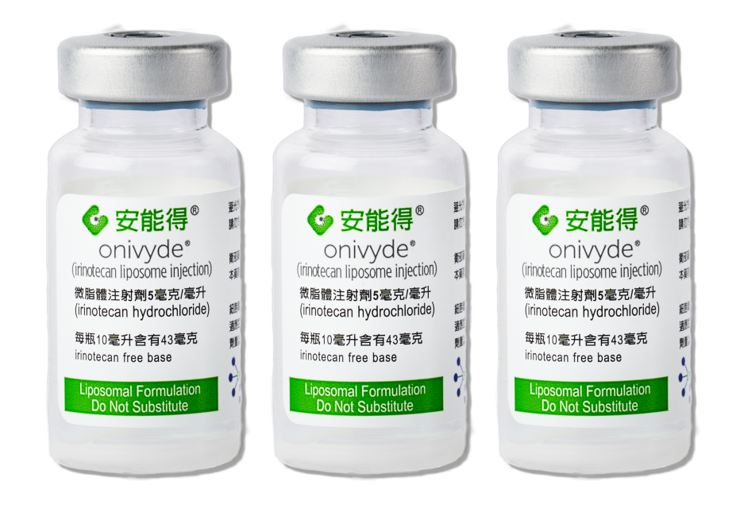NALIRIFOX VERSUS NAB-PACLITAXEL AND GEMCITABINE IN TREATMENT-NAÏVE PATIENTS WITH METASTATIC PANCREATIC DUCTAL ADENOCARCINOMA (NAPOLI 3): A RANDOMISED, OPEN-LABEL, PHASE 3 TRIAL, Lancet. 2023; 10409: 1272-1281
Zev A Wainberg, MD, Davide Melisi, MD, Teresa Marcarulla, MD, Roberto Pazo Cid, MD, Sreenivasa R Chandana, MD, Christelle De Le Fouchardiere, MD et al.



.png)